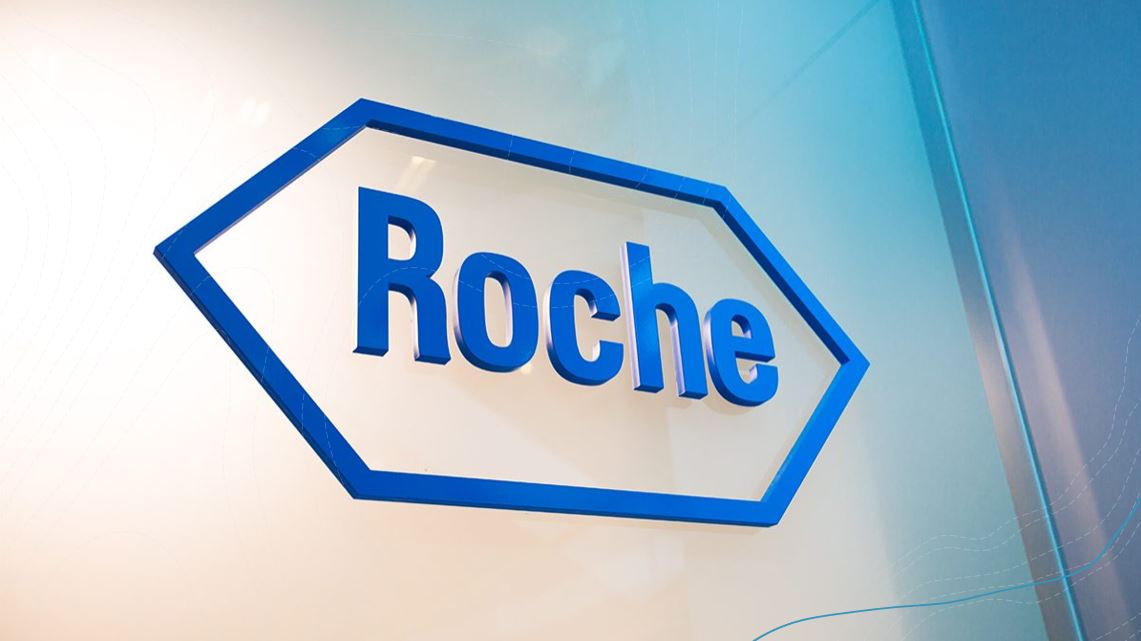News & Trends - Pharmaceuticals
Roche’s arthritis drug for COVID-19 therapy

Pharma News: Across a series of studies, international researchers have investigated whether Roche’s Actemra (tocilizumab), an immunosuppressive drug used mainly for the treatment of rheumatoid arthritis, is an effective treatment against COVID-19 and its associated pneumonia.
Using a randomised control trial, one study looked at whether the drug could reduce mortality for patients hospitalised with COVID-19, while two other studies investigated whether the drug could reduce the symptoms and severity of patients diagnosed with COVID-19-associated pneumonia.
Professor Stuart Tangye, Leader of the Immunity & Inflammation Theme and Head of the Immunology & Immunodeficiency Lab at the Garvan Institute of Medical research and Professor at St Vincent’s Clinical School, Faculty of Medicine, UNSW Sydney said “Ongoing infection with SARS-CoV-2 can lead to a high production of pro-inflammatory molecules including interleukin-6 (IL-6) which early studies have revealed is elevated in patients with a SARS-CoV-2 infection.
“Tocilizumab is a biological inhibitor of IL-6 function, which shuts down the IL-6-induced inflammatory response and has been used to treat several known autoimmune diseases such as rheumatoid arthritis.
“The three studies published in JAMA Internal Medicine report clinical trials testing the effects of tocilizumab in patients with SARS-CoV-2 infection, revealing a favourable – albeit relatively mild – effect on COVID-19. The best results are seen when the treatment was administered early.
“These results are consistent with another recent study, which revealed that patients who have defects in the receptor for IL-6 develop mild or asymptomatic COVID-19.
“It will be important for further clinical trials to test tocilizumab in combination with other potential therapies, such as steroids and dexamethasone.”
Professor David Henry from the Institute for Evidence-Based Healthcare at Bond University said “To date, over 20 studies have investigated the effects of tocilizumab in COVID-19 and a meta-analysis of these suggested that treatment might reduce mortality and need for mechanical ventilation. However, the studies were not randomised trials and were subject to biases that might weaken their conclusions.
“The three new studies of tocilizumab in patients with COVID-19 and respiratory impairment are reported in JAMA Internal Medicine. The largest is an observational study from the USA that used sophisticated design and analysis methods to emulate a randomised trial. The investigators found that tocilizumab was associated with a 9.6% reduction in mortality at 30 days. However, patients were not randomised to tocilizumab and the authors caution that residual confounding may have distorted the results.
“In the second report, the RCT-TCZ-COVID-19 Study Group publish the results of a small randomised trial (126 patients) conducted in 24 Italian hospitals that found no effect of tocilizumab on the rate of worsening of the disease. The trial was terminated early because an interim analysis showed there was no reasonable prospect of finding a positive result.
“The third study conducted in nine university hospitals in France was also a small (131 patients) randomised trial. Patients requiring oxygen but not in intensive care received tocilizumab or usual care. Tocilizumab might have reduced the need for invasive or non-invasive ventilatory support but it had no effect on mortality at 14 or 28 days. However, the numbers of deaths were too small to draw confident conclusions about the effect of tocilizumab.
“These studies have to be viewed against a background of larger randomised trials that have not yet reported in full. The COVACTA study conducted by the manufacturer Roche appears not to have met its primary endpoint of improved clinical status in COVID-19 pneumonia. Sarilumab, a drug similar in effect to tocilizumab, has been investigated in COVID-19, but the trial stopped recruiting patients with less advanced disease because of futility in this group. The largest ongoing trial of tocilizumab (over 850 patients) is the Recovery Trial being coordinated by Oxford University, and the results have not yet been reported. So, while the results of non-randomised studies have suggested possible benefits of tocilizumab, the two small randomised trials reported today are inconclusive about mortality. As with other drugs in COVID-19 we must wait for the results of large definitive randomised trials.”
Associate Professor Sanjaya Senanayake, a specialist in Infectious Diseases and Associate Professor of Medicine at The Australian National University, concluded “The results of these trials will not lead to a universal recommendation of Roche’s tocilizumab use in hospitalised patients with COVID-19, but it would be reasonable to proceed with large-scale randomised trials (such as we have seen with RECOVERY and SOLIDARITY) to definitively answer the questions of whether it has a role in COVID-19.”
News & Trends - MedTech & Diagnostics

Roche Diagnostics MD bids farewell after two-decades, leading the organisation to new heights of success
Diagnostics & MedTech News: The Managing Director of Roche Diagnostics Australia, Allison Rossiter, has announced her resignation, effective September 2024. […]
MoreNews & Trends - Pharmaceuticals

Is Australia ready to play a leading role in precision nuclear medicines?
Pharma News: A newly released discussion paper unveils Australia’s preparedness to take the helm in the rise of the global […]
MoreNews & Trends - MedTech & Diagnostics

Minimally invasive procedure a first in epilepsy treatment
MedTech & Diagnostics News: An Australian-first procedure utilising MRI-guided, minimally invasive surgery has been introduced for the treatment of epilepsy […]
MoreNews & Trends - Pharmaceuticals

Stakeholders unite in international call to tackle breast cancer gaps and inequities
Pharma News: Breast Cancer Network Australia (BCNA) has united in an international call to raise breast cancer care standards and […]
More
